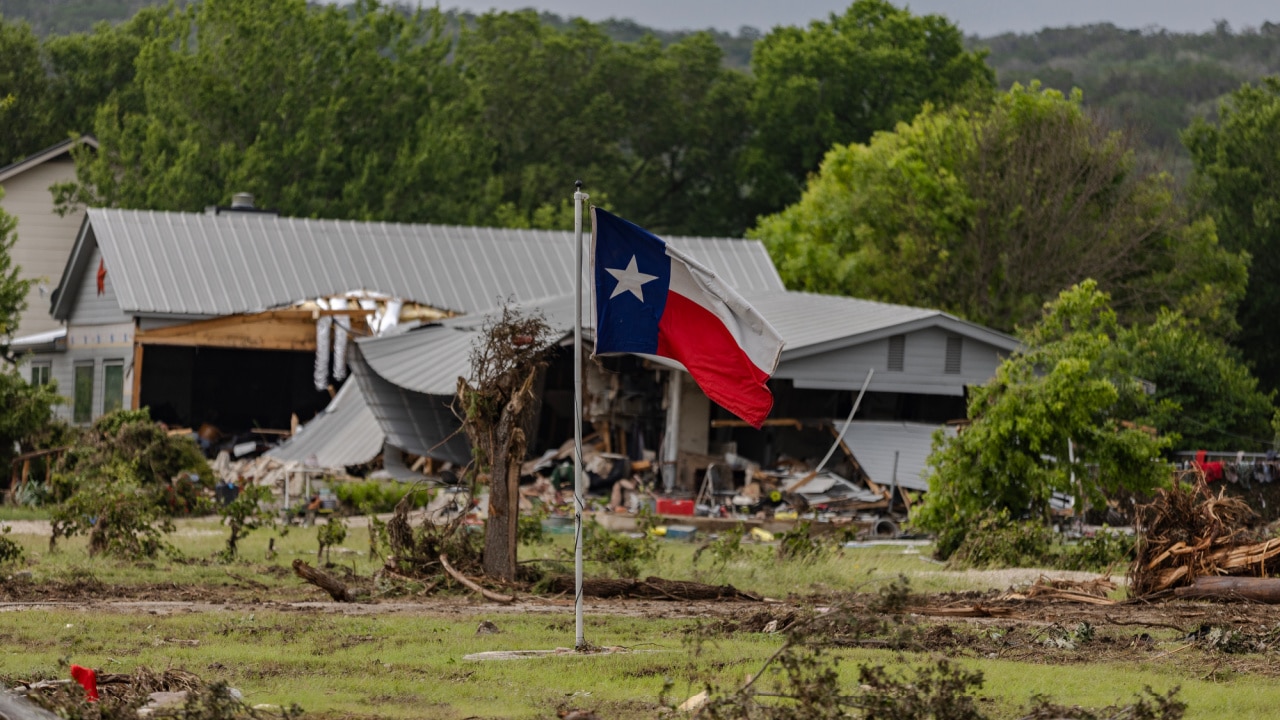Texas Mother Denied Parental Leave After Delivering Stillborn Daughter
Elena Andres is returning to work after being denied parental leave from her employers for delivering a stillborn daughter.
The 38-year-old from Austin, Texas, grieved arduously. She notified her workplace, Austin Public Health, that she would need to start maternity leave early because of her child’s death.
However, Human Resources told her she no longer qualified for their eight-week maternity leave. Apparently, the policy is only available to people who “give birth and care for a healthy newborn baby.”
As Andres filled out paperwork and prepared funeral arrangements, her job’s lack of support added to her grief.
“I felt so small, like they were saying my pregnancy didn’t count,” Andres told the Texas Tribune. “Like my daughter didn’t count.”
Her story is one among many facing the system’s unfair policies.
After losing her daughter, Andres learned more about how parental leave excludes stillbirths
As if losing her child weren’t enough, Andres had to face the harsh truth— her workplace would no longer cover her maternity leave. She described it as a “kick in the face.”
After several days of negotiating with HR, she learned that people who lose a child soon after birth or have stillborn babies do not qualify for paid parental leave.
“Apparently our paid maternity leave is only for bonding with the newborn,” she said. “It’s not for recovering from birth…The whole pregnancy, physically, whatever it does to the body of the person, they don’t care about.”
As a mother to a two-year-old toddler, Andres needed time to grieve while caring for her family and recovering postpartum. After a 15-hour labor, she still felt bleeding, pelvic discomfort and other physical distress caused by the birth.
Even worse? Before working for the city of Austin, Andres thought she was upgrading from her job in the state of Texas. Although when she started working in 2017, the state wasn’t offering paid parental leave, Austin became the first city in the state to adopt parental leave programs in 2013.
Her disappointment lies with the system, especially after leaving everything prepared at work to support her peers.
“There I was, trying to wrap up my work so my leave wasn’t a burden on my co-workers, or so I didn’t get us in trouble for reports being late,” she remembered. “I feel so stupid for even trying.”
Andres used sick time and FMLA to recover from the physical and mental distress she’s enduring
Despite haggling with HR as to why they couldn’t cover her maternity leave, Austin’s Public Health’s HR department told her she could use vacation, sick time and unpaid FMLA to cover her time off.
Andres also learned she wasn’t the first to experience the policy’s injustices. Apparently, HR denied another employee’s paid parental leave a year prior, after their child died shortly after birth.
“I can’t believe, then, no one thought to say, this should be changed,” she said. “It’s something that wouldn’t hurt them at all, but hurt me a whole bunch … and to learn it happened to someone else is so painful.”
Now, Andres has used up all her leave and has no time off from work in case her two-year-old gets sick or needs her to take time off.
“I had a baby. There was a physical child,” she described. “It just negates the whole thing. I really thought this city was different.”
Despite activists pushing for legislative reform around parental leave, the United States is 1 of 6 countries with no paid leave
Andres’ case is among the hundreds affecting parents throughout the U.S. Data from the World Policy Analysis Center, supports that the U.S. is one of six countries without national paid leave. Figures show that 186 countries worldwide offer paid leave for new mothers.
In Texas, Austin City Council member, Ryan Alter, shared his disappointment after hearing Andre’s story.
“Whenever that was, last year, or I have to imagine it came up before that … we really should have figured out a way to make this right,” Alter said. “There’s always a way to do right by employees, and I’m disappointed we didn’t get it right this time.”
Additionally, Tem Paige Ellis, Austin Mayor Pro Tem, said the city should stand with Andres and parents facing similar experiences.
“Paid parental leave not only allows for bonding with the baby, it also supports women’s physical health,” Ellis said in a statement. “Beyond her physical health, she will need time to grieve, on top of the heart-rending logistical and paperwork nightmare that accompanies a stillbirth.”




